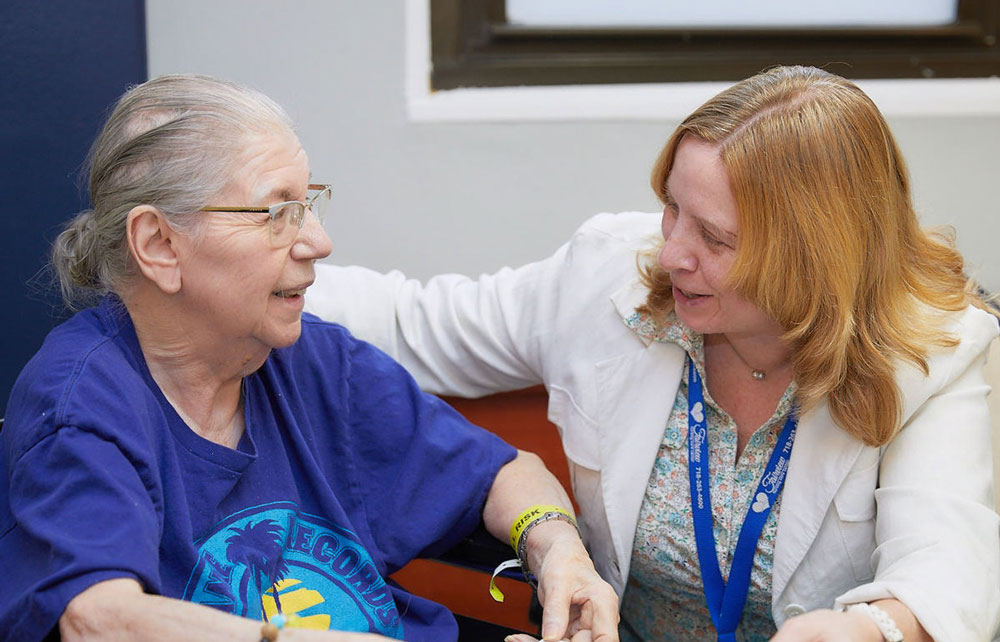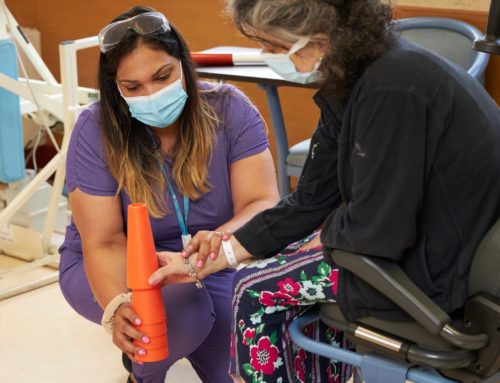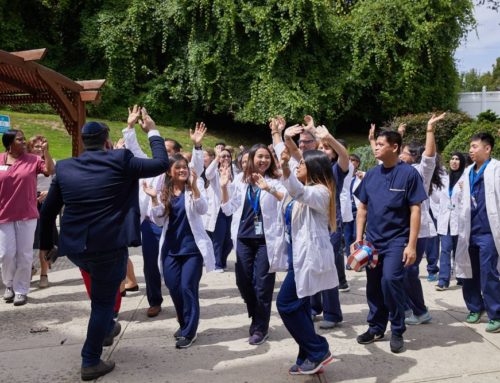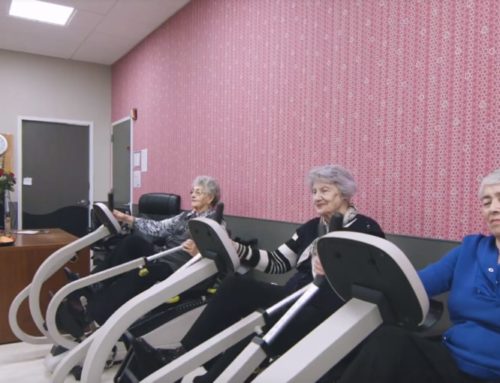Speech Issues After Stroke – How Long Will They Last
About 15 million people worldwide suffer a stroke annually, causing issues with mobility, coordination, cognition, and even communication. In fact, about a third of patients have speech issues after a stroke, affecting how they connect with others. Such issues can include difficulty understanding those around them, using the wrong words, or trouble with reading and writing.
Though some speech issues are permanent, many individuals recover their ability to communicate. It takes time and treatment, including speech therapy, to regain these abilities. At Fairview Rehab and Nursing Home in Queens, NY, we offer inpatient and outpatient speech therapy to meet your needs. Let’s take a closer look at what this type of rehab entails.

How Long Will Speech Issues Last After Stroke
There is no way to tell how long it will take to recover your communication skills after a stroke. The severity of the stroke and the resulting communication problems vary from person to person. That’s why recovery time is so hard to predict since a stroke can cause a wide array of speech issues.
For instance, there are three main types of communication complications after a stroke. The first and most common is aphasia, which can affect speech, language understanding, reading, and writing. Dysarthria reduces your ability to control your face, mouth, and throat muscles, resulting in slurred, slow, or quiet speech. Apraxia also affects those same muscles, preventing you from moving them properly and making speech difficult to understand.
How the stroke affects your speech determines the best rehab methods. Though most stroke patients see improvements within three to six months, some require much longer to repair speech issues after a stroke. In fact, it could take years to fully recover and regain your previous speech capabilities. There are even those who never fully recover, requiring alternative methods to communicate with those around them.
How can speech therapy help
When a stroke occurs, parts of the brain are damaged, resulting in a loss of skills, including language and communication. Though this damage takes time to repair, there are ways to restore what you’ve lost. The process includes creating new neural networks to regain those abilities.
Speech therapy exercises are designed to create those new pathways in your brain. It can be difficult, especially when the language center of the brain is damaged, though not impossible. Speech therapy takes a great deal of patience and repetition, but over time, your communication skills can improve.
There are a few methods for improving speech issues after a stroke, depending on the type of problem you’re dealing with. Some options can include tongue and lip exercises, relearning letters and how they sound, and singing words you can’t say.
There may also be other forms of communication recommended to keep you in touch with those around you. These can include electronic devices, charts, and whiteboards. For those who need it, group therapy and support groups are also available. Such groups can help you understand the recovery process and discuss any concerns you may have.
This article contains informational and educational materials and does not replace health or medical advice. For questions or concerns regarding your medical condition or health objectives, speak to a qualified physician or healthcare provider.






Leave A Comment